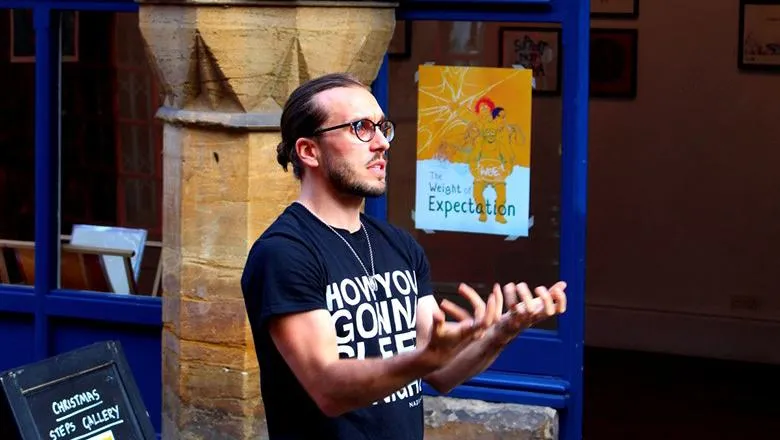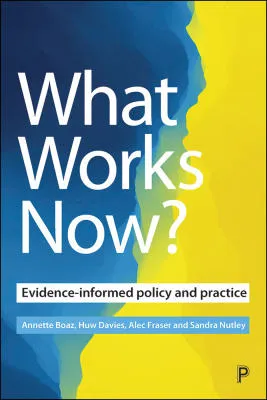“It was really exciting to be invited to contribute to the follow-up to such a seminal text. The editors have done a great job building on the content of the previous book and addressing new issues that have arisen since it was published. I hope this text goes on to be as influential as it’s predecessor and that those in the field find mine and Graham’s chapter both interesting and useful. “
Oli Williams
16 April 2019
Postdoctoral Fellow Oli Williams contributes chapter on implementing evidence to 'What Works Now?'
Oli Williams, a Post Doctoral Fellow in the Florence Nightingale Faculty of Nursing, Midwifery & Palliative Care has contributed to a new book on research and practice.

Oli Williams, postdoctoral fellow in the Florence Nightingale Faculty of Nursing, Midwifery & Palliative Care has contributed a chapter to What Works Now, a new book which builds on the highly regarded text What Works (2000), which helped to address the gap between research and practice. What Works Now reflects on the changing policy climate over the last two decades, and the challenge of getting evidence into policy and ultimately practice.
Oli is currently undertaking a three year postdoctoral fellowship awarded by THIS (The Healthcare Improvement Studies) Institute, working on a research project which focuses on the role that the public and patients can play in generating research evidence and shaping the design of healthcare services.
Written with Professor Graham Martin, Director of Research at THIS Institute, the chapter in What Works Now explores the various ways evidence has been and can be used to inform policy and shape and improve service delivery. As well as mirroring Oli’s research, the chapter also supports THIS Institute’s goal to create an evidence base that supports replicable and scalable improvements to healthcare delivery and patient experience.
In the chapter, Oli and Graham examine the processes of getting research into practice (known as top-down evidence implementation) and research in practice (bottom-up evidence generation and use) and their relative merits and limits in different contexts.

